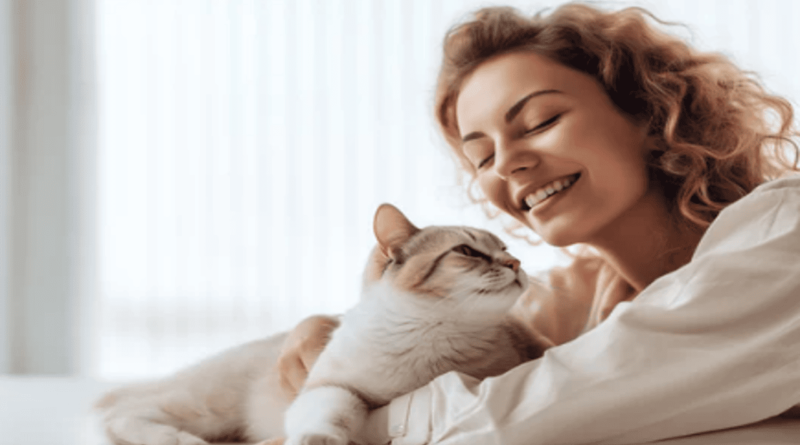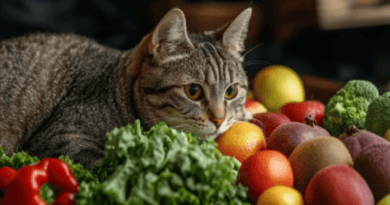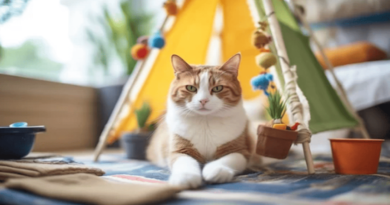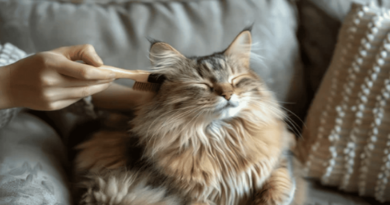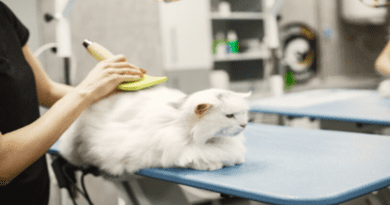Why Understanding a Cat’s Lifestyle
Why Understanding a Cat’s Lifestyle is Essential for Their Health and Happiness?
The Importance of Knowing Your Cat’s Routine
Cats are creatures of habit. They thrive on routine, which plays a big role in their well-being. A consistent schedule for feeding, play, and rest brings them comfort. Disrupting this pattern can cause stress. Stress leads to health issues, like urinary tract infections or behavioral problems.
For example, a cat that spends most of its day indoors needs mental stimulation. Boredom can lead to destructive behavior, like scratching furniture or knocking over items. Incorporating interactive toys or puzzles keeps them engaged and happy. On the other hand, outdoor cats may require more physical activity. Understanding their needs helps create the right environment.
Tailoring Care Based on Lifestyle
No two cats are alike. Each one has its unique preferences. Some love lounging on the windowsill, while others enjoy sprinting around the house. Paying attention to these preferences makes a difference. Adjusting their environment based on their habits promotes a healthier, more fulfilling life.
Consider an active cat that enjoys climbing and exploring. Providing high perches or cat trees keeps them entertained. Without these, they may grow restless. Similarly, for cats that enjoy lounging, comfortable bedding in quiet areas provides them with a safe space.
Diet and Lifestyle Go Hand in Hand
What a cat eats should align with their lifestyle. For instance, highly active cats burn more calories, needing a diet rich in protein. Less active, indoor cats risk weight gain if overfed. Balancing meals with their activity level ensures they stay fit and healthy.
Introducing variety in their meals can also improve their mood. Cats, like humans, get bored with the same food daily. Rotating flavors or textures keeps mealtime exciting. However, always ensure the new food fits their dietary needs.
Emotional Well-being Tied to Lifestyle
A cat’s lifestyle also affects their emotional health. Cats are sensitive animals, and any disruption in their environment can trigger anxiety. Changes in the home, such as new pets or family members, can unsettle them. Recognizing these signs early allows for timely intervention. Offering extra attention during such transitions eases their stress.
Moreover, social interaction is crucial for many cats. Even independent breeds benefit from regular playtime or affection. Ignoring this need can lead to loneliness and depression.
Conclusion
Understanding a cat’s lifestyle is more than just observing their routine. It’s about connecting with their needs—both physical and emotional. By aligning care with their habits, you ensure they live a happy, healthy life.

